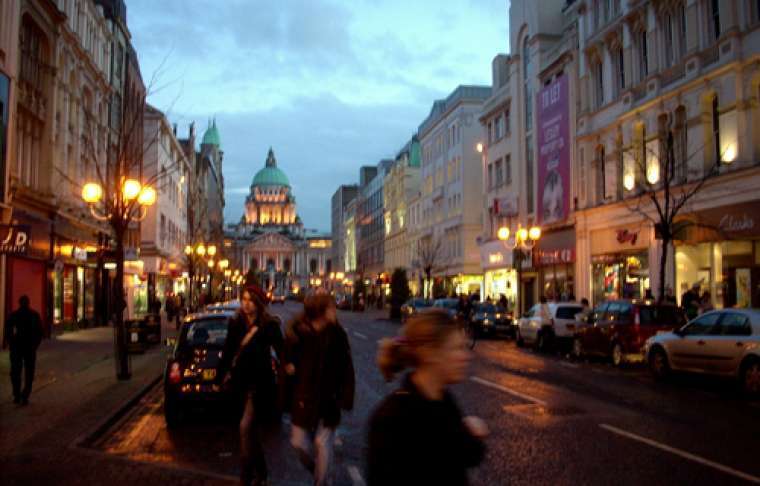Pro-life groups in Northern Ireland are hopeful that there is sufficient support in the legislature to block an expansion of legal abortion from going into effect next week.
According to the Belfast Telegraph, the pro-life group Both Lives Matter says 30 members of the legislative assembly have pledged to ask the Speaker to recall the Assembly, which the Speaker will be obligated to do under Northern Ireland law.
In order to block the new abortion measures from taking place, however, an Executive would need to be formed, which is unlikely before the Monday deadline, the Belfast Telegraph reports.
The British parliament voted in July to add same-sex marriage and a loosening of abortion restrictions as amendments to the Northern Ireland (Executive Formation) Bill, which is designed to keep the region running amid a protracted deadlock in the Northern Ireland Assembly.
If Northern Ireland Assembly is not reconvened by Oct. 21, the expansion of abortion rights and the legalization of same-sex marriage will take effect. Secretary Julian Smith would be mandated to put the laws into effect by March 31, 2020.
The Northern Ireland Assembly has been suspended for the past two years due to a dispute between the two major governing parties. The DUP, the largest party, is opposed to changing the law. Sinn Féin, another prominent party in Northern Ireland, backs a liberalization of the abortion law.
The DUP has said it is ready to return to the Assembly “immediately without pre-conditions,” according to local media reports.
Talks over the matter are being held Thursday and Friday.
“The British and Irish Governments both share the view that there remains an opportunity in the coming days to reach an accommodation,” Northern Ireland minister Robin Walker said Wednesday, according to the Guardian.
“One only has to look at the passionate and sincere demonstrations in recent weeks on both sides of this issue to appreciate that this remains a highly sensitive matter in Northern Ireland,” he said, adding that in the government’s view, it is preferable to have the matter decided by the Northern Ireland assembly.
Labour MP Stella Creasy criticized Walker for his statement, arguing that the UK government was only in favor of a quick resolution that handed power back to the Northern Ireland assembly because UK Prime Minister Boris Johnson saw a need to secure DUP support for his Brexit negotiation plan.
The DUP has said that it does not support Johnson’s plan, arguing that its provisions on customs and value-added tax rates are not in Northern Ireland’s best interest.
Leaders of the Catholic Church, the Church of Ireland, Methodist Church in Ireland, Presbyterian Church in Ireland, and the Irish Council of Churches, have called on their congregations to pray and lobby against the abortion changes, saying, “There is no evidence that these [legal] changes reflect the will of the people affected by them, as they were not consulted. They go far beyond the ‘hard cases’ some have been talking about.”
Last year, the Republic of Ireland held a referendum in which voters repealed the country’s pro-life protections, which had recognized the life of both mothers and their babies. Irish legislators then enacted legislation allowing legal abortion in what had long been a Catholic and pro-life stronghold.
Elective abortion is legal in the rest of the United Kingdom up to 24 weeks, while currently it is legally permitted in Northern Ireland only if the mother's life is at risk or if there is risk of permanent, serious damage to her mental or physical health.
Northern Irish women have been able to procure free National Health Service abortions in England, Scotland, and Wales since November 2017.
The UK government’s plans to decriminalize abortion in Northern Ireland has garnered opposition from hundreds of health professionals in the region, who the BBC reports have written to Secretary Smith expressing opposition and calling for reassurance that as “conscientious objectors,” they will not have to perform or assist abortions.

